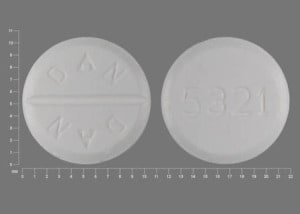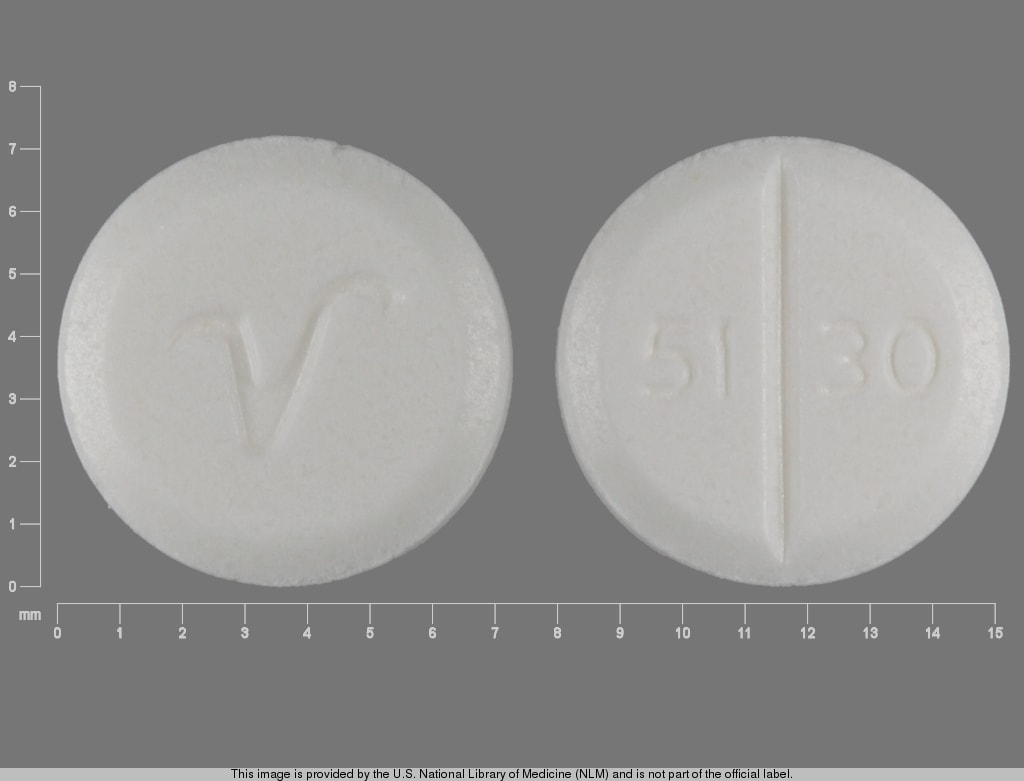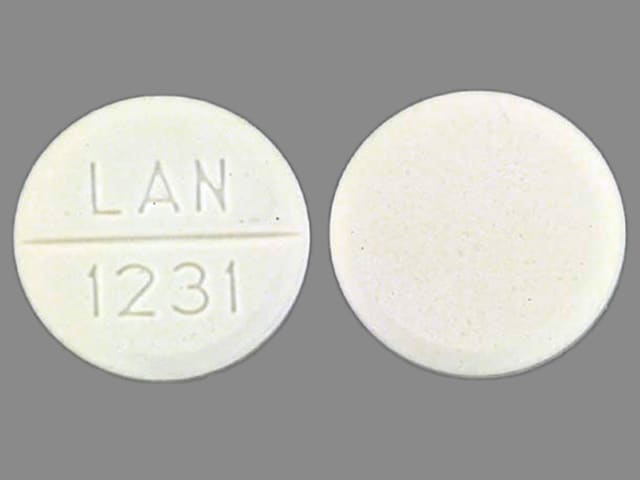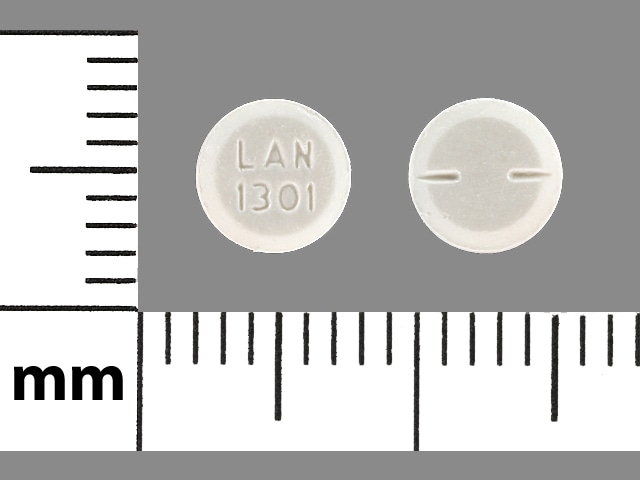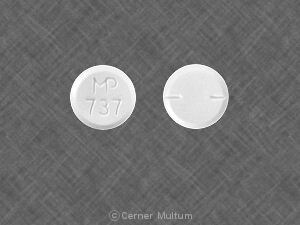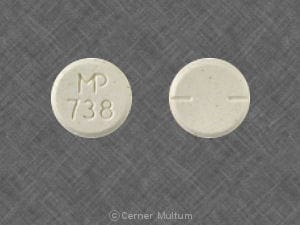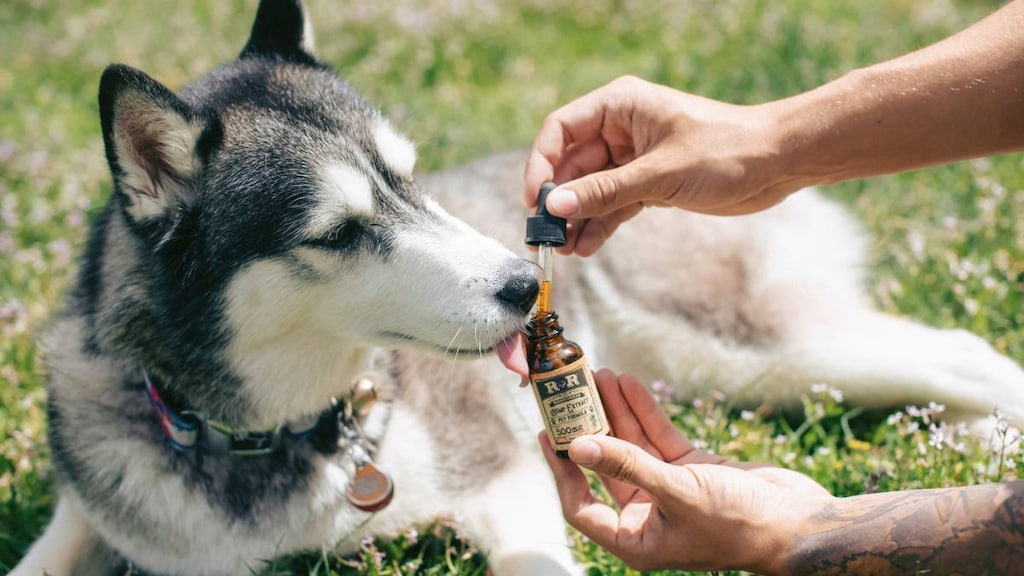What is primidone used for?
- Primidone is used to help control certain kinds of seizures.
- Primidone may be given to you for other reasons. Talk to your doctor.
Before taking primidone, tell your doctor:
- If you are allergic to primidone; any part of this medicine; or any other drugs, foods, or substances. Tell your doctor about the allergy and what signs you had.
- If you have porphyria.
This is not a list of all drugs or health problems that interact with primidone.
Tell your doctor and pharmacist about all of your drugs (prescription or OTC, natural products, vitamins) and health problems. You must check to make sure that it is safe for you to take primidone with all of your drugs and health problems. Do not start, stop, or change the dose of any drug without checking with your doctor.
What are some things I need to know or do while I take primidone?
- Tell all of your health care providers that you take primidone. This includes your doctors, nurses, pharmacists, and dentists.
- Avoid driving and doing other tasks or actions that call for you to be alert until you see how primidone affects you.
- Do not stop taking primidone all of a sudden without calling your doctor. You may have a greater risk of seizures. If you need to stop primidone, you will want to slowly stop it as ordered by your doctor.
- It may take several weeks to see the full effects.
- Have blood work checked as you have been told by the doctor. Talk with the doctor.
- Talk with your doctor before you drink alcohol or use other drugs and natural products that slow your actions.
- Birth control pills and other hormone-based birth control may not work as well to prevent pregnancy. Use some other kind of birth control also like a condom when taking primidone.
- This medicine may cause harm to the unborn baby if you take it while you are pregnant. If you are pregnant or you get pregnant while taking primidone, call your doctor right away.
- Tell your doctor if you are breast-feeding. You will need to talk about any risks to your baby.
How is primidone best taken?
Use primidone as ordered by your doctor. Read all information given to you. Follow all instructions closely.
- Keep taking primidone as you have been told by your doctor or other health care provider, even if you feel well.
What do I do if I miss a dose?
- Take a missed dose as soon as you think about it.
- If it is close to the time for your next dose, skip the missed dose and go back to your normal time.
- Do not take 2 doses at the same time or extra doses.
What are the side effects of primidone that I need to call my doctor about immediately?
WARNING/CAUTION: Even though it may be rare, some people may have very bad and sometimes deadly side effects when taking a drug. Tell your doctor or get medical help right away if you have any of the following signs or symptoms that may be related to a very bad side effect:
- Signs of an allergic reaction, like rash; hives; itching; red, swollen, blistered, or peeling skin with or without fever; wheezing; tightness in the chest or throat; trouble breathing, swallowing, or talking; unusual hoarseness; or swelling of the mouth, face, lips, tongue, or throat.
- Not able to get or keep an erection.
- Change in eyesight.
- Not able to control eye movements.
- Feeling very tired or weak.
- If seizures are worse or not the same after starting primidone.
- Swollen gland.
- Shortness of breath.
- Change in balance.
- Trouble walking.
- Patients who take primidone may be at a greater risk of having thoughts or actions of suicide. The risk may be greater in people who have had these thoughts or actions in the past. Call the doctor right away if signs like low mood (depression), nervousness, restlessness, grouchiness, panic attacks, or changes in mood or actions are new or worse. Call the doctor right away if any thoughts or actions of suicide occur.
- Low white blood cell counts have rarely happened with primidone. This may lead to a higher chance of getting an infection. Tell your doctor if you have ever had a low white blood cell count. Call your doctor right away if you have signs of infection like fever, chills, or sore throat.
What are some other side effects of primidone?
All drugs may cause side effects. However, many people have no side effects or only have minor side effects. Call your doctor or get medical help if any of these side effects or any other side effects bother you or do not go away:
- Dizziness.
- Upset stomach or throwing up.
- Not hungry.
- Feeling tired or weak.
- Feeling sleepy.
These are not all of the side effects that may occur. If you have questions about side effects, call your doctor. Call your doctor for medical advice about side effects.
You may report side effects to the FDA at 1-800-332-1088. You may also report side effects at https://www.fda.gov/medwatch.
If overdose is suspected:
If you think there has been an overdose, call your poison control center or get medical care right away. Be ready to tell or show what was taken, how much, and when it happened.
Primidone Images
How do I store and/or throw out primidone?
- Store at room temperature.
- Store in a dry place. Do not store in a bathroom.
- Keep all drugs in a safe place. Keep all drugs out of the reach of children and pets.
- Throw away unused or expired drugs. Do not flush down a toilet or pour down a drain unless you are told to do so. Check with your pharmacist if you have questions about the best way to throw out drugs. There may be drug take-back programs in your area.
Consumer information use and disclaimer
- If your symptoms or health problems do not get better or if they become worse, call your doctor.
- Do not share your drugs with others and do not take anyone else's drugs.
- This medicine comes with an extra patient fact sheet called a Medication Guide. Read it with care. Read it again each time primidone is refilled. If you have any questions about primidone, please talk with the doctor, pharmacist, or other health care provider.
- If you think there has been an overdose, call your poison control center or get medical care right away. Be ready to tell or show what was taken, how much, and when it happened.
This information should not be used to decide whether or not to take primidone or any other medicine. Only the healthcare provider has the knowledge and training to decide which medicines are right for a specific patient. This information does not endorse any medicine as safe, effective, or approved for treating any patient or health condition. This is only a brief summary of general information about this medicine. It does NOT include all information about the possible uses, directions, warnings, precautions, interactions, adverse effects, or risks that may apply to primidone. This information is not specific medical advice and does not replace information you receive from the healthcare provider. You must talk with the healthcare provider for complete information about the risks and benefits of using this medicine.
